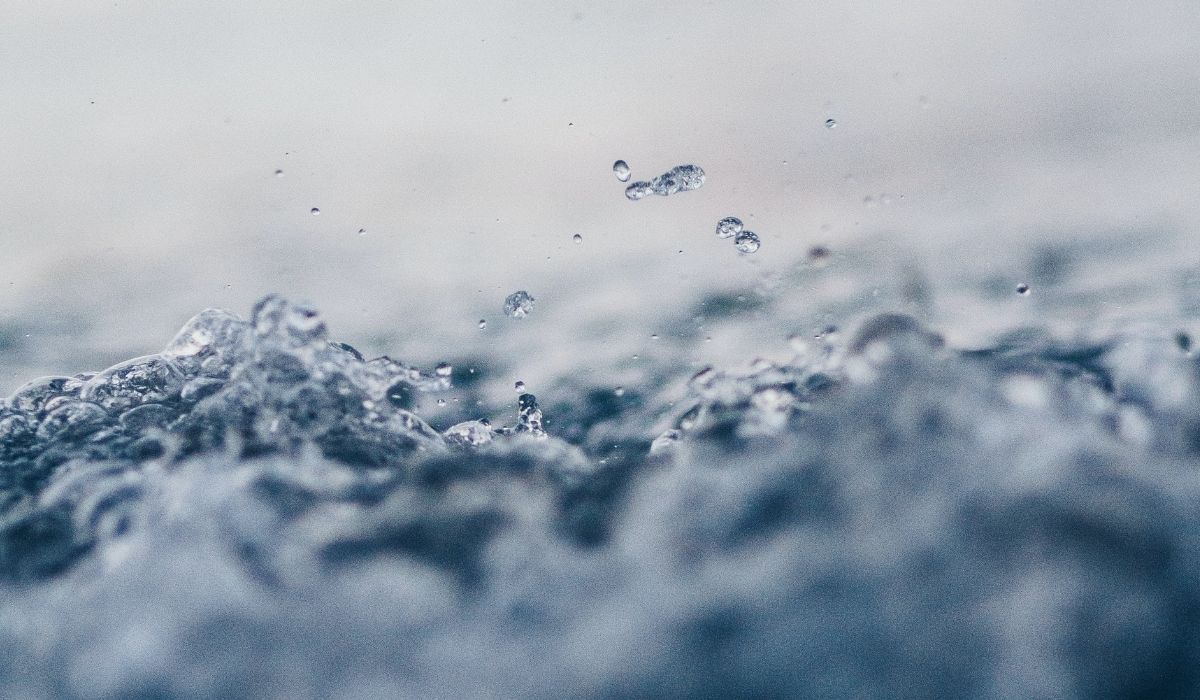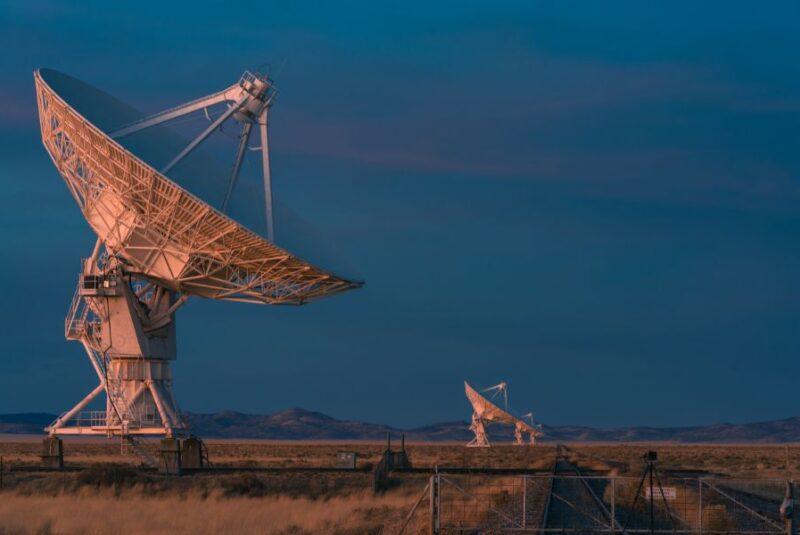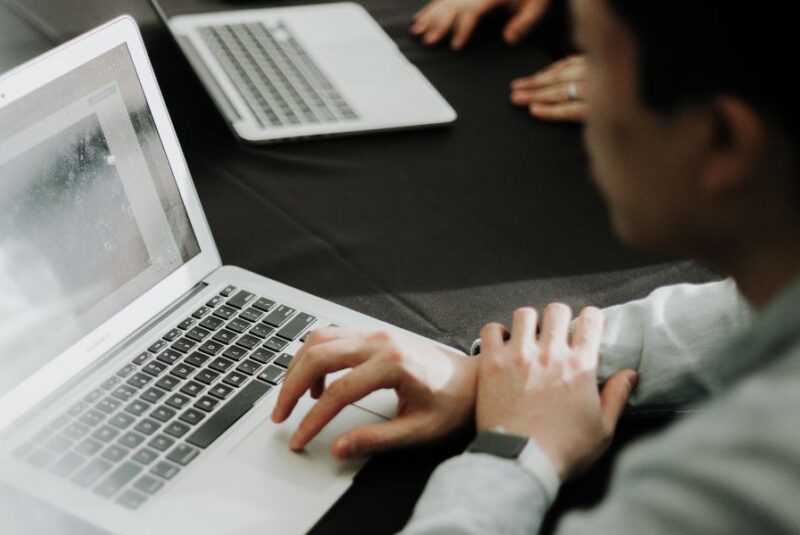On World Water Day, Vodacom celebrated its progress on its ongoing commitment to halve its environmental impact by 2025 through various water conservation initiatives.
“South Africa is a water scarce country and over the years we have seen some communities battling to have access to water due to drought. Being part of the communities in which we operate, in 2017, we began amplifying water-saving efforts that have yielded results, as our water consumption has been reduced by 75% since that time.”
Takalani Netshitenzhe, Executive Director of External Affairs, Vodacom South Africa
Spearheaded by the United Nations (UN), World Water Day is designed to raise awareness around the global water crisis, as an estimated 2.2 billion people around the world currently live without access to safe water. In South Africa, this is the reality for nearly 40% of households.
This year, the United Nations’ World Water Day theme centres on groundwater, which is water held underground in rocks, sand, and gravel. When sourced responsibly, groundwater extracted through boreholes can provide a great alternative supply. At Vodacom’s Techno Centre in Midrand, collected and filtered water from the company’s borehole project has reduced the office’s consumption of municipal water from 30 kilolitres to 2 kilolitres a day. We also have water awareness messages in most of our facilities to encourage water saving practices. It is initiatives like these that have helped Vodacom reduce its overall water usage by 75%.
Vodacom calls on South Africa’s businesses and citizens to take year-round action towards realising the United Nations’ Sustainable Development Goal (SDG) 6: to ensure everyone has access to clean water and sanitation by 2030, in a way that protects the planet’s resources.
“As businesses operating in a water scarce country, we need to constantly look at innovative water conservation methods so as to assist government navigate the impact of climate change and conserve our country’s water supplies.”
Takalani Netshitenzhe, Executive Director of External Affairs, Vodacom South Africa
A water storage dam was erected at the Vodacom’s headquarters in 2013 for the company’s ongoing rainwater-harvesting project. Rainwater collected in this dam, which can store up to a mega-litre of water, is used to irrigate the campus gardens and to run the air-conditioning system at the Vodacom Commercial Park building. “We’ve drastically cut back on water usage by repurposing harvested rainwater,” notes Netshitenzhe.
Considering rainfall recharges groundwater, the recent rains have also proved useful for Vodacom’s borehole project.
Understanding that responsible water use is something all South Africans must embrace, Vodacom has also focused its efforts on helping communities tackle water scarcity.
“Since 2019, we have spent over R6 million on water-relief measures, like the installation of Jojo tanks to supply sustainable drinking water in 90 schools and eight Early Childhood Development Centres across the country.”
Takalani Netshitenzhe, Executive Director of External Affairs, Vodacom South Africa
The average South African uses around 60 more litres of water each day than people across the rest of the world do, so every effort to turn the tide on this trend makes a difference. Conserving natural resources to ensure future water security is imperative and will become increasingly challenging due to climate change.
Climate change has resulted in weather extremes across the globe, spanning droughts to floods, with 90% of climate disasters being water related. South Africa, as evidenced by Cape Town’s dire water crisis in 2018, is likely to experience more droughts in the future. Recent projections confirm that, on our current path, the risk of less rainfall is three to four times higher than the risk of more rainfall in the western and central parts of our country. With South Africa already deemed a water-scarce nation, we must prioritise sustainable steps to tackle the water crisis.
The country’s summer rainfall regions experienced more rain than usual this season. While this won’t buck the long-term trend of future droughts, such individual events may intensify say experts, giving us windows of opportunity to focus our water-wise activities to lessen the pressure on South Africa’s water resources. This is exactly what Vodacom did through its rainwater-harvesting and borehole projects. Other investments in water-saving strategies for Vodacom’s offices include the use of aerator taps with reduced water flows, waterless hand sanitising stations, and the installation of Internet of Things technology such as smart water meters and sensors that provide early leak detection.











